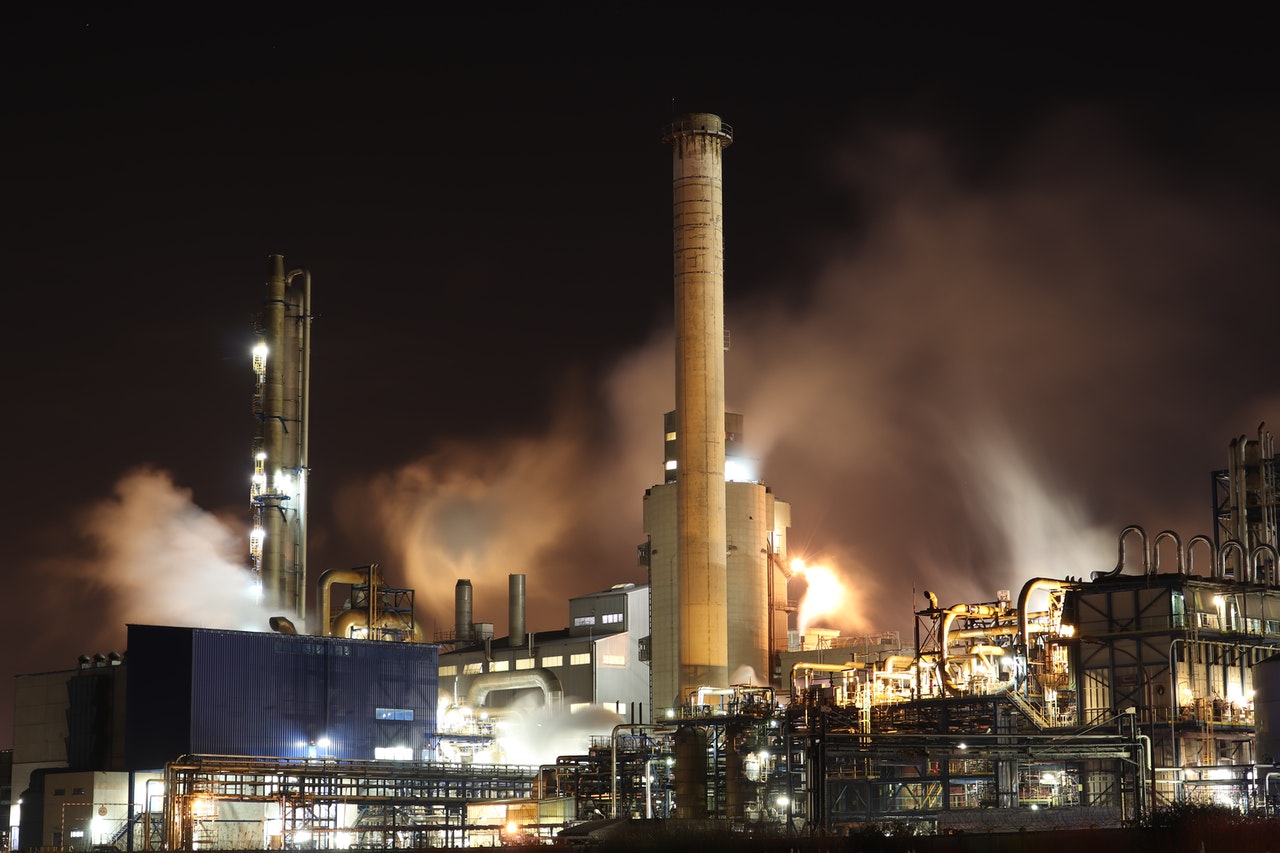As Russia begins a military intervention in Ukraine, European gas prices have risen dramatically. Last week, air raid sirens rang in Kyiv, Ukraine’s capital, as President Vladimir Putin authorized an attack on multiple cities, including the deployment of missiles and troops. Eyewitness videos show long lines of cars at gas stations across the country, accompanied by the sound of explosions.
On Wednesday, the US announced that sanctions would be imposed on the corporation in charge of developing Russia’s Nord Stream 2 gas pipeline. The penalties, which are aimed at the Nord Stream 2 AG firm and its executives, add to the pressure on the Baltic Sea project, which aims to increase Russia’s gas flow capacity to Germany. Nord Stream 2, Europe’s most disputed energy project, has yet to commence operations due to certification issues with Germany and the European Union. Germany blocked the pipeline, worth $11 billion (€9.8 billion), this week, blaming Russia’s actions in Ukraine.
Europe relies on Russia for around 40% of its natural gas
As a result of Russia’s invasion of Ukraine, flows through pipelines such as Yamal-Europe, Nord Stream 1, and TurkStream may be impacted. Despite the fact that penalties have been levied on Nord Stream 2, the European Commission has stated that present European gas supplies would not be harmed because the pipeline is not yet operational.
Other possibilities, according to analysts at the Oxford Institute for Energy Studies, include Russia suspending gas deliveries to Europe in retaliation for sanctions, or military action causing damage to one of the pipelines that transport gas to Europe through Ukraine. Other possibilities exist in some nations. Germany, for example, the world’s largest consumer of Russian gas, may import through pipelines from Norway, the Netherlands, the United Kingdom, and Denmark. However, Norway, Europe’s second largest supplier, is operating at full capacity and is unable to compensate for any lost Russian supply, according to the country’s prime minister.
The Trans Adriatic Pipeline in Italy and the Trans-Anatolian Natural Gas Pipeline (TANAP) in Turkey can transport Azeri gas to Southern Europe. Interconnectors can carry gas across neighboring nations, however countries may be hesitant to give up gas that they require, causing importers to pay a high price. According to Barclays analysts, fully replacing 150 billion to 190 billion cubic meters (bcm) of Russian gas in the EU is not achievable in the short term.
Russian winter gas deliveries to the EU are expected to be around 48 billion cubic metres (bcm) at present rates, down 30% year on year. According to a draft document obtained by Reuters last week, the European Union intends to have countries fill natural gas storage tanks ahead of each winter to help boost inventories and deal with supply disruptions.
Russia indicated in a letter to an energy conference in Doha that it will continue to provide global markets with continuous natural gas supplies. “According to our estimates, Russia is unlikely to cut off gas supplies to Europe. Russia delivered gas to Europe when targeted sanctions were imposed in response to the Crimea conflict in 2014/15, and at the height of the Cold War “Analysts at Barclays opined.
Could LNG replace gas imports from Russia?
Imports of liquefied natural gas (LNG) to north-western Europe, primarily from the United States, reached a new high of roughly 11 billion cubic meters in January. However, Europe’s LNG terminals have little ability to absorb additional supply if Russia’s gas supply is disrupted. Qatar, one of the world’s largest LNG producers, has declared that neither it nor any other country has the capacity to replace Russian gas supplies to Europe with LNG because the majority of volumes are connected to long-term contracts with specific destination provisions.
Germany, on the other hand, revealed intentions to build two LNG terminals on Sunday. As Germany seeks to lessen its reliance on Russian gas, Chancellor Olaf Scholz has stated that he wants to do more to preserve Germany’s energy supplies.
LNG is seen as a more environmentally friendly alternative to natural gas. Climate experts say it’s “cleaner but not clean” and won’t stop global warming. They argue that natural gas should be used as a supplement to renewables until batteries or other forms of energy storage become cheaper and more accessible.
What are the non-gas options?
Several nations have options to fill the gap with power imports via interconnectors from neighbours, or increased power generation from nuclear, renewables, hydropower or coal. But nuclear availability is declining in Germany, Britain, Belgium and France due to ageing plants, decommissioning, phase-outs and frequent outages. Under pressure to meet climate targets, several EU countries have shut down old coal-fired power plants or are not building new ones.
Some countries keep coal plants as a backup source of energy. Due to high gas prices, Europe has been transitioning to coal from gas since the middle of last year. During previous crises, countries have implemented policies to decrease industrial production at specific times, pay backup generators to turn on electricity, order families to minimize energy use, or impose temporary power cuts.
Has gas supply to Europe been disrupted before?
Several gas conflicts have occurred between Russia and Ukraine during the last 15 years, the most of which have been over pricing. Gazprom cut off supplies to Ukraine for a day in 2006. Disruptions in Russian supplies reverberated across Europe in the winter of 2008-9. After annexing Crimea in 2014, Russia shut off supplies to Kyiv. In November 2015, Ukraine stopped importing Russian gas.
Fortunately, a reverse flow mechanism has allowed Ukraine to minimize its reliance on direct gas supplies from Russia, allowing it to import from EU members. The European Commission has stated that Europe is prepared to deal with a short-term disruption in Russian gas flows at this moment. Analysts, however, believe that a complete or lengthy halt would have significant economic consequences, necessitating emergency measures such as plant closures.

